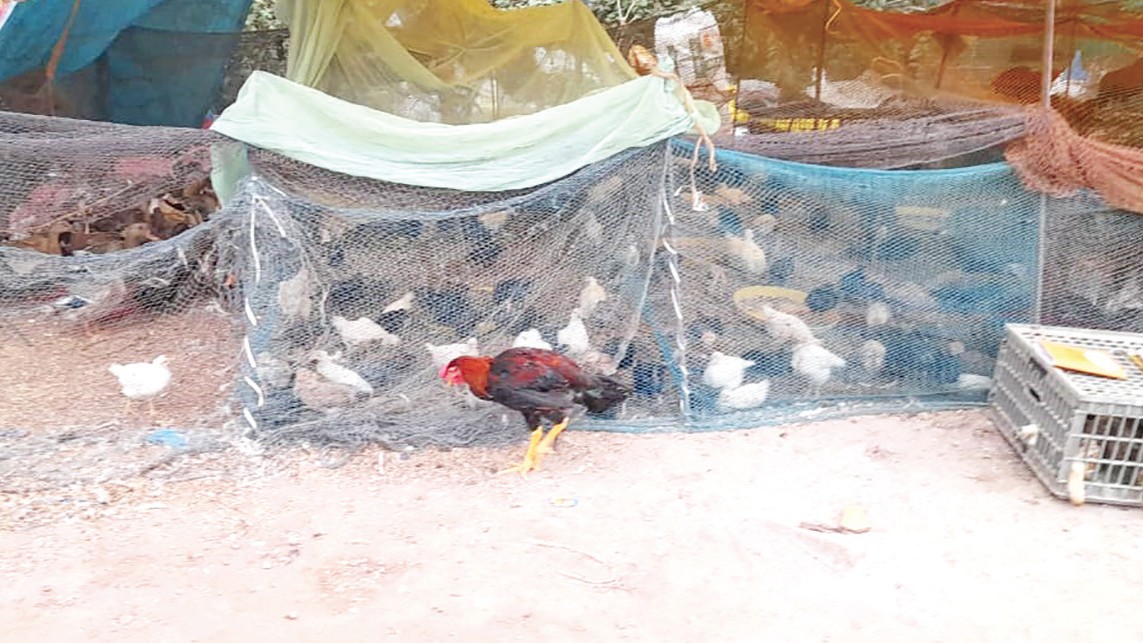

Of late, vendors from Karnataka, Tamil Nadu and Andhra Pradesh have been selling birds either for consumption or to rear as pets in the market at Mapusa. Ducks, local fowls of various breeds, guinea fowls, turkeys, geese, and quails are some of the exotic varieties of birds sold by the roadside. Locals are often tempted to buy these birds no matter what the cost, but unfortunately, they die within a week, often infecting other birds at home and in the vicinity. This raises serious concerns about their health and the potential spread of avian influenza. In fact, the rapid deterioration of these birds has alarmed many residents, who fear the outbreak of diseases in the community.
These birds are sold without proper certification and veterinary checks, and can become an unnecessary reason for the spread of diseases like bird flu. When non-inspected birds are sold, they intermingle with local birds, end up infecting them, and pose a risk to the population of native birds as well. Such practices could lead to a widespread outbreak that might be difficult to control. People should also verify the documentation of such operators before purchasing any birds, as it is crucial that buyers exercise due diligence to prevent further disease transmission.
I, along with my neighbours, picked up fowls, geese, and turkeys, but they unfortunately died within a few days, sadly infecting our entire flock back home. This personal experience has left many in our community wary of purchasing birds without proper health assurances. It is reportedly learnt that these people have no licenses issued to them by the Directorate of Animal Husbandry and Veterinary Services (AVHS), yet they manage to do brisk business, allegedly with the blessings of the city fathers and cops. Such unregulated practices are not only unethical but also dangerous to both animal and human populations.
When questioned, the sellers said that they were working for a Tamil Nadu-based poultry dealer and were only handling his business by "paying fees" to the authorities. This explanation does little to justify the neglect of basic animal health protocols. It's time for the AVHS to strike with an iron hand by roping in the services of the local police. Citizens, too, should refrain from buying these birds and complain to the appropriate authorities so that action can be initiated against these fly-by-night operators. Such steps are essential to prevent the further spread of diseases and to safeguard both public health and local biodiversity.